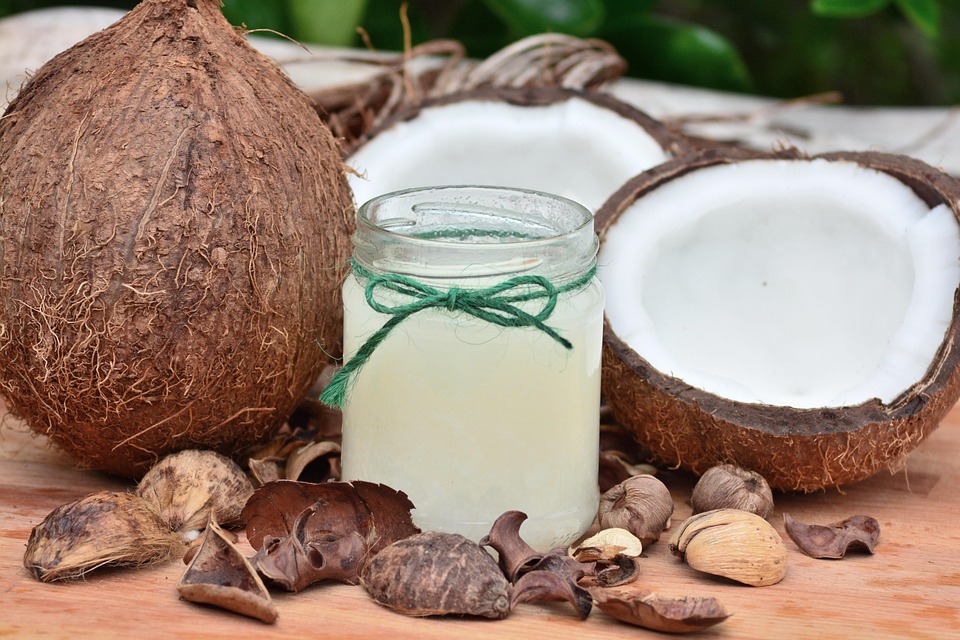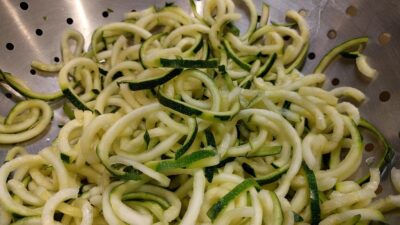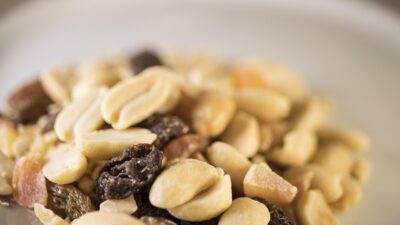In recent years, the intersection of veganism and fitness has garnered significant attention, attracting athletes, fitness enthusiasts, and health-conscious individuals alike. As more people adopt plant-based diets, the question arises: Can you build muscle, enhance your endurance, and support your overall health with plant-based nutrition? The answer is a resounding yes.
Understanding Veganism
Veganism is more than just a diet; it is a lifestyle that seeks to eliminate animal exploitation and cruelty. It primarily focuses on abstaining from the consumption of animal products—including meat, dairy, eggs, and, in many cases, honey. Vegans often choose this lifestyle for ethical reasons, environmental concerns, or health benefits.
The Benefits of a Plant-Based Diet for Fitness
A well-planned vegan diet can provide all the essential nutrients you need to support your fitness goals. Here’s how:
1. Optimal Performance
Plant-based foods are rich in carbohydrates, which are crucial for fueling workouts. Fruits, vegetables, whole grains, and legumes provide complex carbohydrates that release energy slowly, helping to maintain stamina throughout intensive training sessions.
2. Enhanced Recovery
Vegan diets often include anti-inflammatory foods such as berries, turmeric, and leafy greens. These can help reduce muscle soreness and accelerate recovery after workouts, enabling athletes to train harder and more frequently.
3. Improved Heart Health
Consuming a plant-based diet is associated with lower cholesterol levels and a reduced risk of heart disease—critical for anyone looking to enhance their cardiovascular fitness. Foods rich in omega-3 fatty acids (such as flaxseeds, chia seeds, and walnuts) can also support heart health when included in a vegan diet.
4. Weight Management
Many individuals find that a plant-based diet aids in managing weight due to its high fiber content. Foods like legumes, fruits, and vegetables promote satiety, which can prevent overeating. This aspect is appealing for athletes seeking to maximize performance while maintaining an optimal weight class.
5. Rich in Nutrients
Plant-based diets are diverse and often rich in vitamins, minerals, antioxidants, and fiber. Foods like spinach, quinoa, lentils, and nuts can offer a wide range of nutrients, including iron, calcium, and protein, which are vital for any fitness regimen.
Fueling Your Workouts: Key Nutrients to Focus On
1. Protein
One common misconception is that vegans struggle to get enough protein. However, there are plenty of excellent plant-based protein sources, including:
- Legumes: Lentils, chickpeas, and black beans.
- Whole grains: Quinoa, brown rice, and oats.
- Nuts and seeds: Almonds, peanuts, chia seeds, and hemp seeds.
- Plant-based protein powders: Pea protein, rice protein, and soy protein.
2. Iron
Iron is crucial for transporting oxygen in the blood and sustaining energy levels. Vegans can find iron in:
- Legumes: Lentils and beans.
- Leafy greens: Spinach and kale.
- Nuts and seeds: Pumpkin seeds and cashews.
- Whole grains: Quinoa and brown rice.
3. Omega-3 Fatty Acids
While found in fish, omega-3s can also be obtained from:
- Flaxseeds: Ground flaxseed or flaxseed oil.
- Chia seeds: A great source of plant-based omega-3s.
- Walnuts: Delicious and packed with healthy fats.
4. Calcium and Vitamin D
For bone health, vegans should look to:
- Fortified plant milks: Almond, soy, or oat milk.
- Leafy greens: Broccoli, kale, and bok choy.
- Tofu: Especially calcium-set tofu.
5. B Vitamins
Essential for energy metabolism, B vitamins can be found in:
- Whole grains: Brown rice and oats.
- Nutritional yeast: A vegan-friendly source of B12.
- Legumes: Such as lentils and chickpeas.
Practical Tips for Plant-Based Fitness Nutrition
1. Meal Prep
Preparing meals ahead of time can ensure that you have access to nutritious, plant-based options even on the busiest days.
2. Diversify Your Diet
Incorporate a wide variety of foods to cover all your nutritional bases. Experiment with different grains, fruits, and vegetables to keep meals exciting.
3. Stay Hydrated
Don’t forget the importance of hydration. Incorporate plenty of water and consider adding electrolyte-rich foods like bananas or coconut water, especially after intense workouts.
4. Listen to Your Body
Pay attention to how different foods affect your performance and recovery. Keep a food journal to track which foods provide the most energy and how you feel during workouts.
5. Consult a Professional
If you’re new to veganism or have specific fitness goals, consulting a dietitian or nutritionist can provide personalized guidance and help you optimize your plant-based eating plan.
Conclusion
Adopting a vegan diet doesn’t mean compromising on fitness or performance. With careful planning, plant-based nutrition can fuel your workouts effectively while contributing to overall health and wellness. Whether you’re a seasoned athlete or just starting, embracing a vegan lifestyle can offer numerous benefits, proving that the path to fitness can indeed be green.



